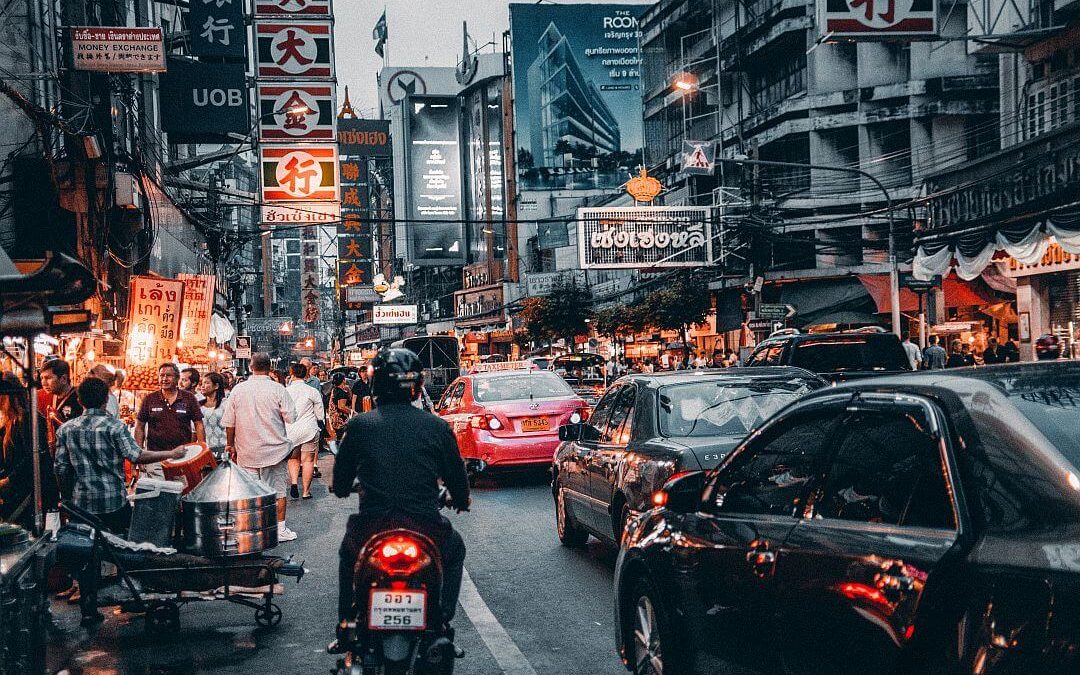Travelling solo to other countries can be a wonderful character-building experience. You’re free to go where you choose to a schedule of your own. However, travelling alone also gives you the huge responsibility of looking out for yourself: you can’t count on anyone else. Follow these simple precautions to give you the best chance of being safe when travelling alone.
Before You Go
- Make sure you’ve researched the areas of countries you’re planning to travel. Read reviews on Trip Advisor or Lonely Planet. Purchase a copy of The Lonely Planet and take it with you so you can refer whenever necessary. Trust me, it’ll be your Bible.
- Learn a few key words in the language of the countries you’re travelling, such as “help”, “no”, “police” and “hotel”.
- Consider learning a few simple self-defence moves. You never know when you’ll need them… and not necessarily whilst travelling.
- Give family and friends your itinerary and keep them updated during your travels.
- Invest in a secure travel belt in which to store your passport, money and other small valuables. They don’t look very chic, but they’re amazingly useful.
- Take a loud personal safety alarm. It could literally be a life saver.
- Scan your driver’s license and passport and email them to yourself and a family member. If you lose your passport, it makes getting a new one easier.
When You Arrive
- Doesn’t sound very adventurous, but stick to the hotels / hostels that are recommended in the Lonely Planet or another similar travel guide. They’ll have been tried and tested by other travellers and might offer you the best chance of staying safe in terms of accommodation.
- Arriving at the hotel, keep an eye out for people standing too close or who appear to be eavesdropping on your conversations. It’s possible they’re trying to find out your room number and whether you’re travelling alone. They’ll then know your room is unoccupied when you’re out.
- Don’t accept a room on the ground floor as they’re easiest for criminals to break into. If possible, select a room on the third to fifth floor.
- Once you check into your room, test that the door locks are working – and always lock your room when you’re in it too. To give extra protection, invest in a device that jams the door shut – perhaps just a simple door wedge so people can’t force their way in from the outside.
- Lifts can be dangerous places, especially for women on their own. If you feel at all threatened by a suspicious-looking character, leave the lift as soon as you can. Trust your instincts.
Out And About
- It’s always best to dress casually and according to local custom. Don’t wear flashy jewellery or show off any expensive items – you don’t want to draw attention to yourself.
- Stick to public, well-lit areas. Forget about any short cuts and stick to the map.
- Beware of common pickpocket tricks.
- Try not to look “the tourist”. Of course if you’re in a popular tourist area, that’s fine, but if you’re in a town or city that is a little off the beaten track, don’t wander along the streets with a map or a copy of the Lonely Planet; you’ll be making yourself vulnerable to criminals.
- Stay sober and well-rested. Not only will you need your wits about you, but you’ll also want to fully appreciate everything you travelled so far to see.
- Always carry the business card of the hotel you’re staying at in case you lose your bearings.
- Act confidently, even if you’re not. Walk with your back straight, your head held high, and look people in the eye when they address you. You’re much less likely to be a target this way.
- Join organised walking tours a they’ll give you an idea of what to do and where to avoid.
- Avoid travelling by train/bus/taxi by night if possible. Try to arrive at a new location in daylight. Not only will you be more aware of your surroundings, but there’ll also be more people around, making you feel more secure.
- Spend the extra money on feeling safe. Pay more to stay in that central neighbourhood hotel with lots of activity, rather than one in a quieter area with less people around and less going on to see and do.
Remember that travelling alone shouldn’t be frightening. Most people you’ll meet on your travels will be genuine, but with preparation and common sense, you’ll have a better chance to protect yourself.
The truth is, you already have the skills necessary to stay safe when you travel. They’re the same skills you use to stay safe at home.





